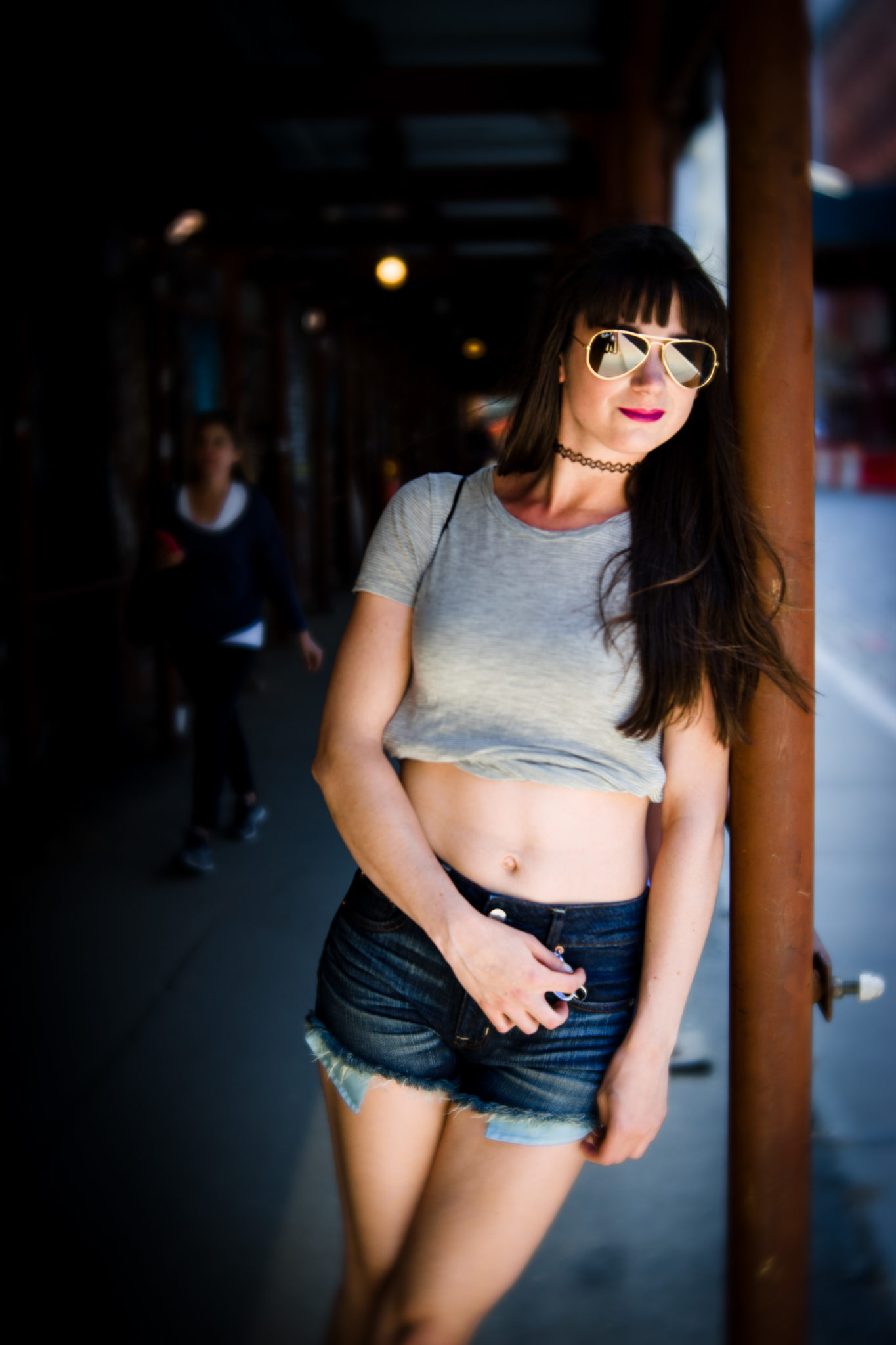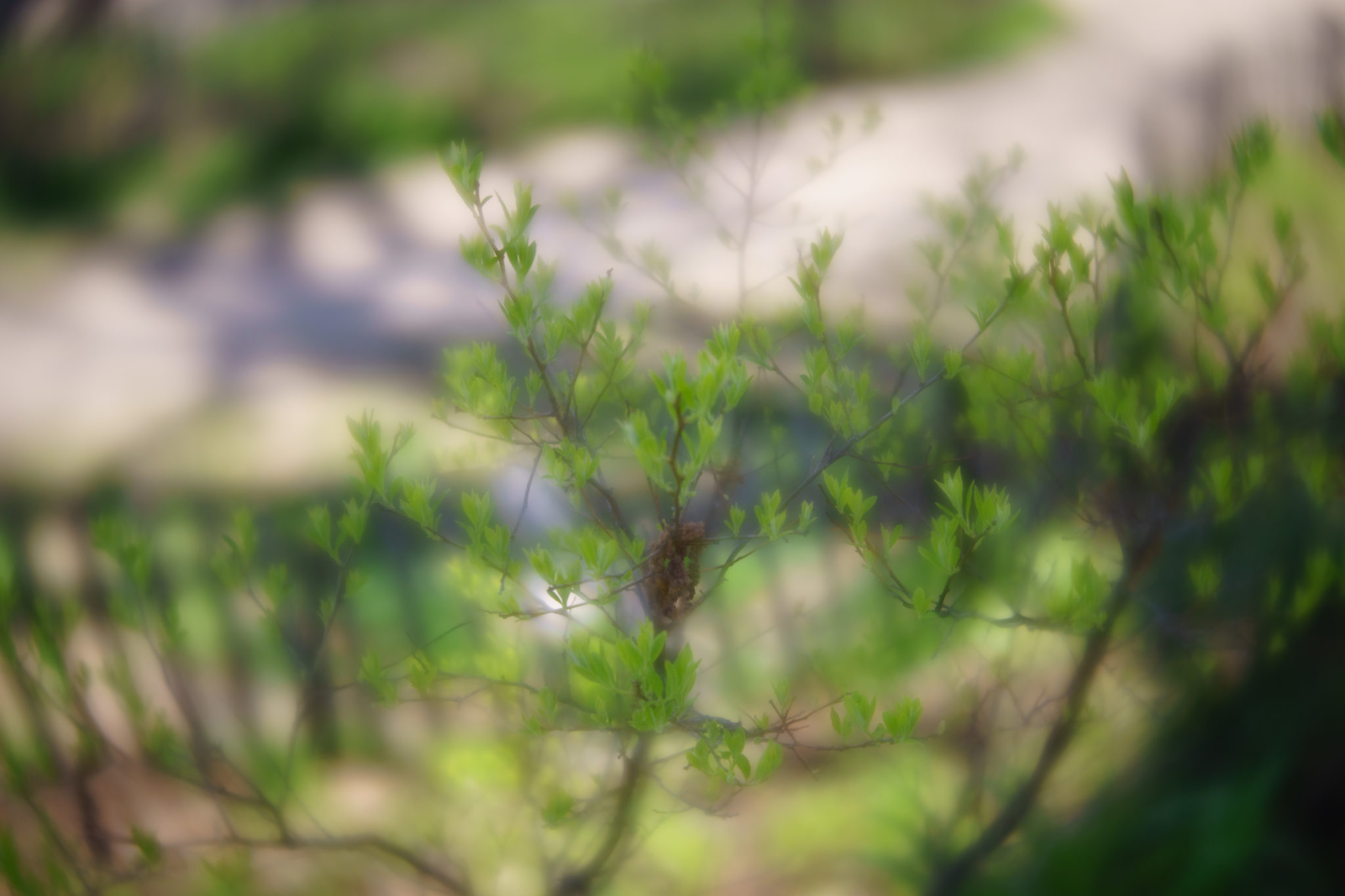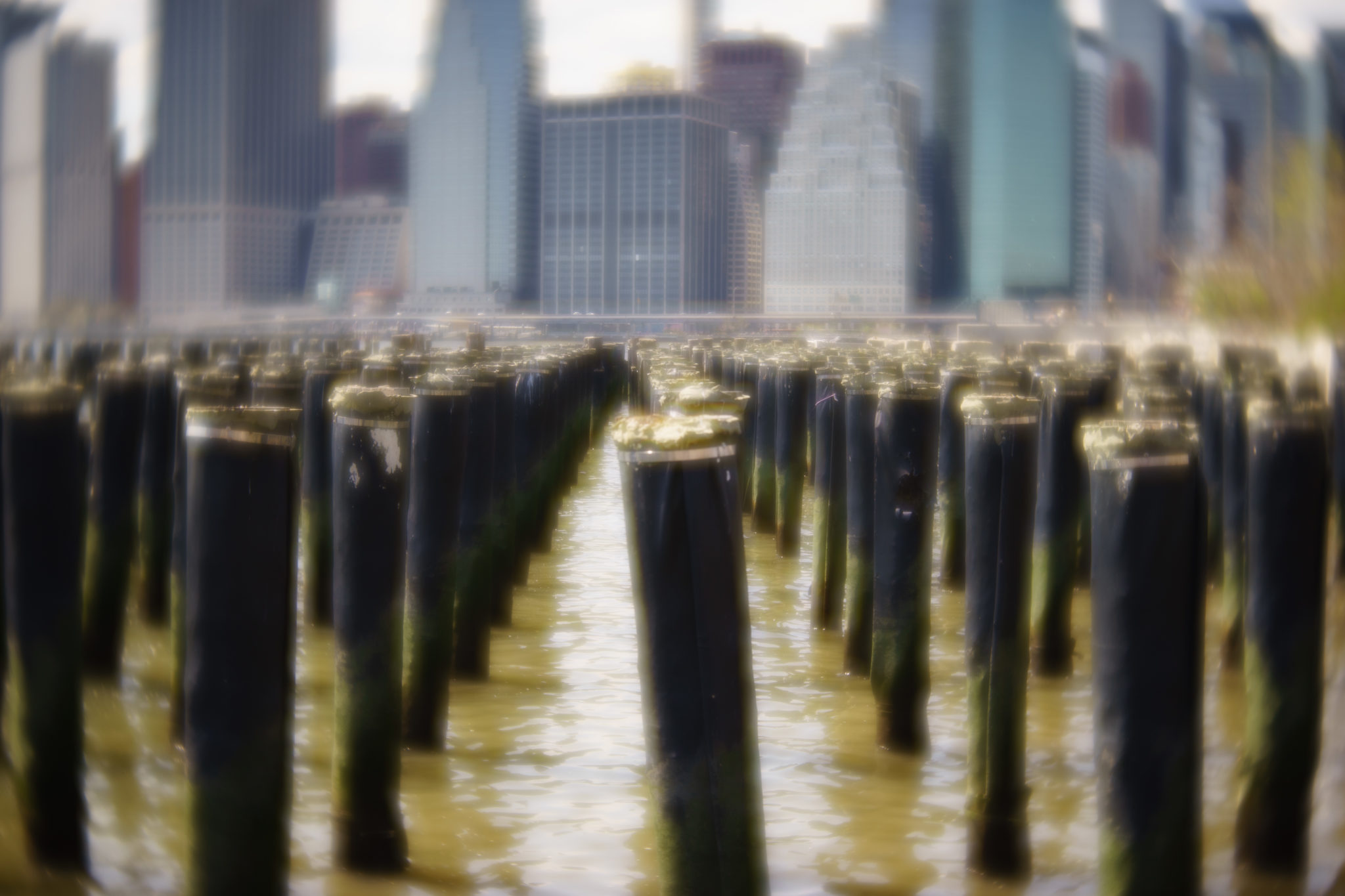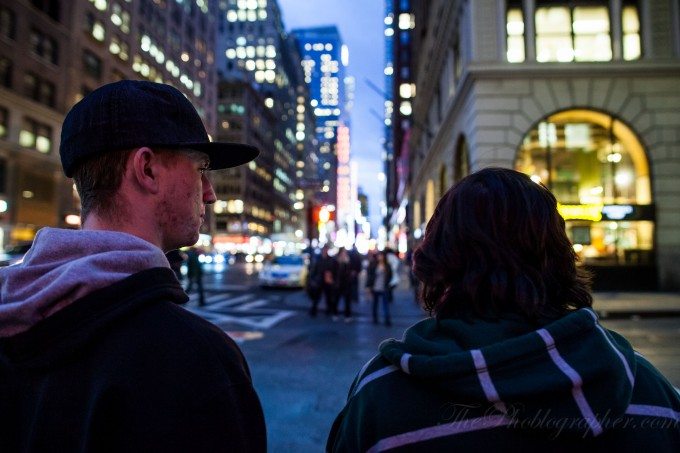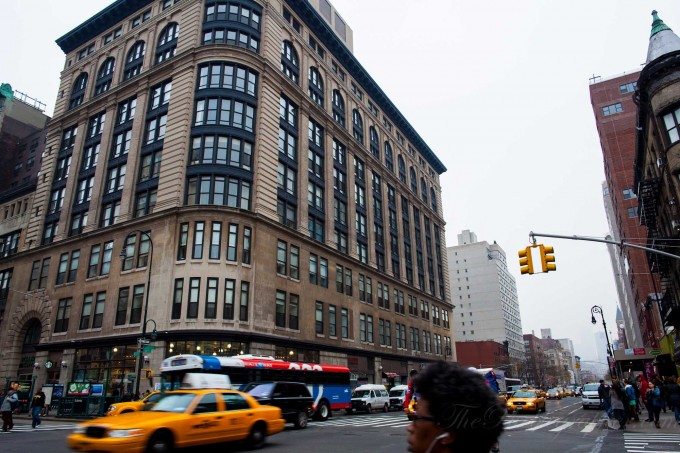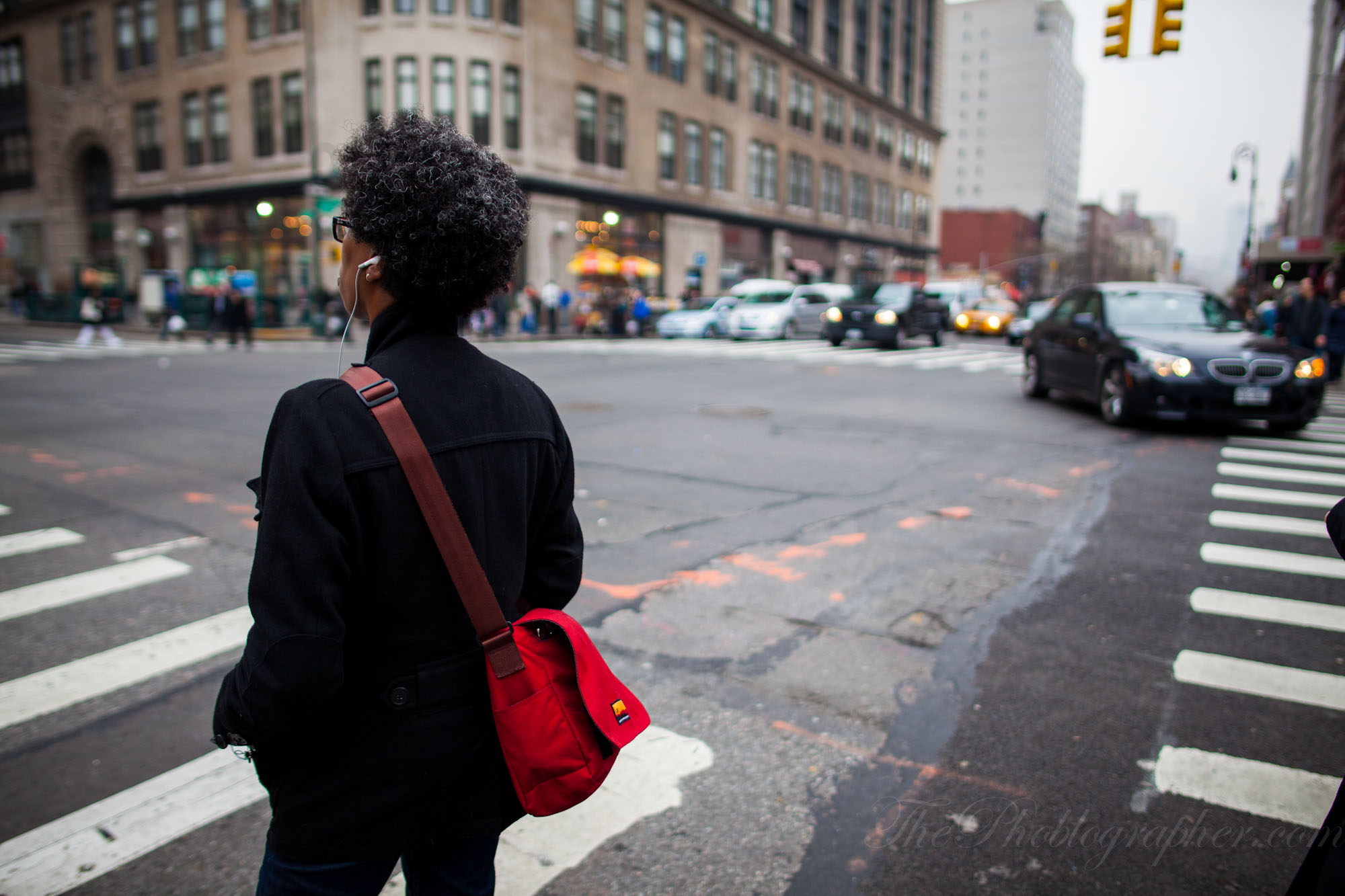Last Updated on 08/04/2018 by Mark Beckenbach
The best lenses for DSLR’s can also be some of the most affordable.
When it comes to budgeting money for a camera kit, the majority of your money should go into high quality lenses. Camera technology changes often but a good lens can last a lifetime. In this roundup, we look at high performing lenses for DSLR’s that won’t break the bank. We’ve gone through our reviews index to find some of the best.
Tokina AT-X 24-70mm F2.8 Pro FX
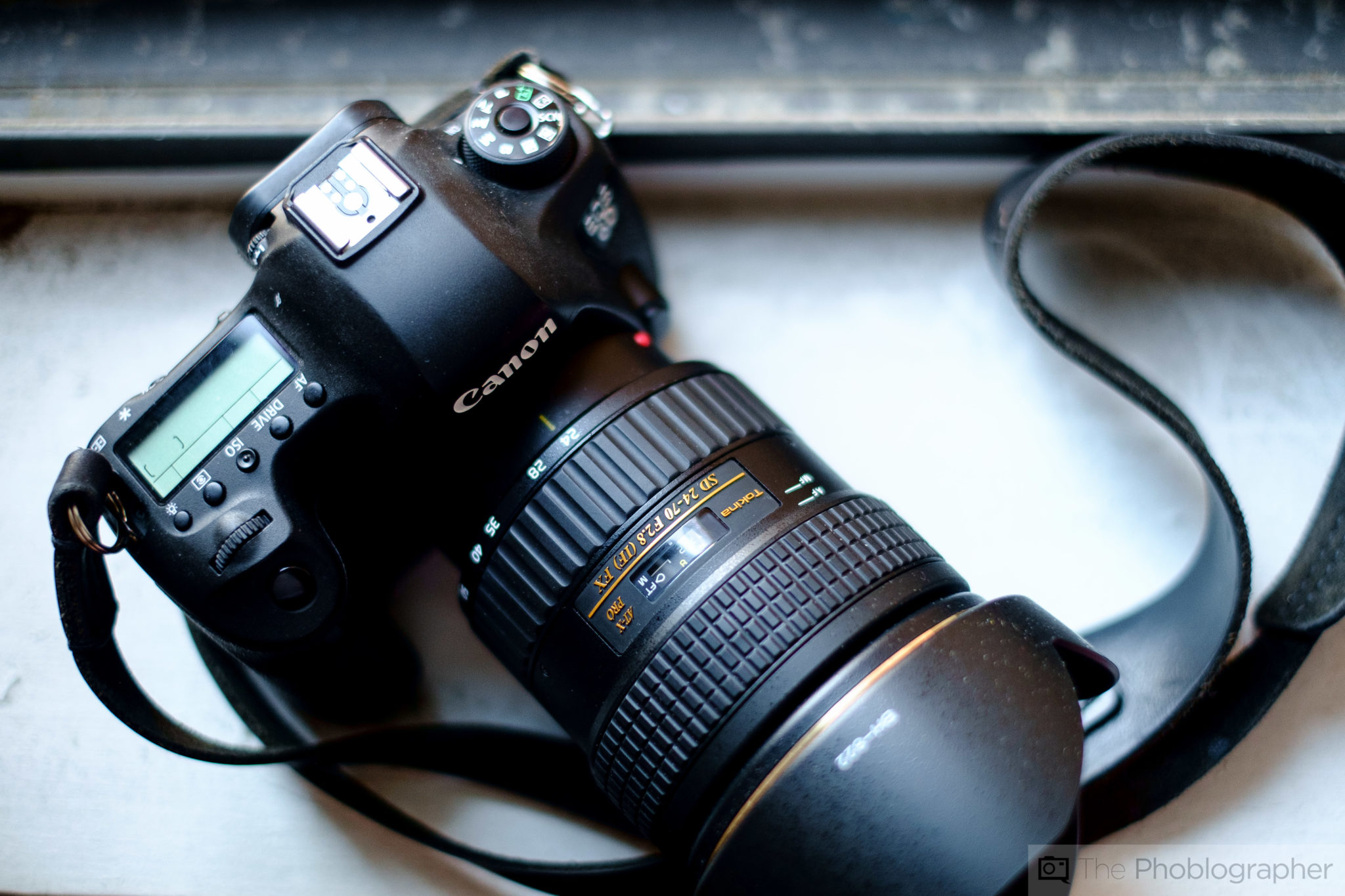
I stated in my post on The Essential Professional f2.8 Zoom Lenses for Every Camera System,
A 24-70mm f2.8 should be the first lens you collect when you’re getting serious about photography. Put your 24-70mm f2.8 on your camera and don’t take it off for a while.
I stand by that statement. If you’re a working pro, a 24-80 f2.8 should be your first lens when building a “bread and butter” kit. The Tokina 24-70mm f2.8 might be an older lens but good glass lasts a lifetime and the Tokina has stood the test of time quite well.
In our review we state:
“The Tokina 24-70mm f2.8 is a really fantastic lens if you’re a professional who doesn’t need weather sealing, or even if you’re a high end hobbyist/semi-pro. There is lots to love about it. The image quality it can deliver is something that other manufacturers should be looking at closely as I usually tend to be much more critical of zoom lenses since so much can possibly go wrong with their design.
But this one–this one is marvelous.” – Read our full review
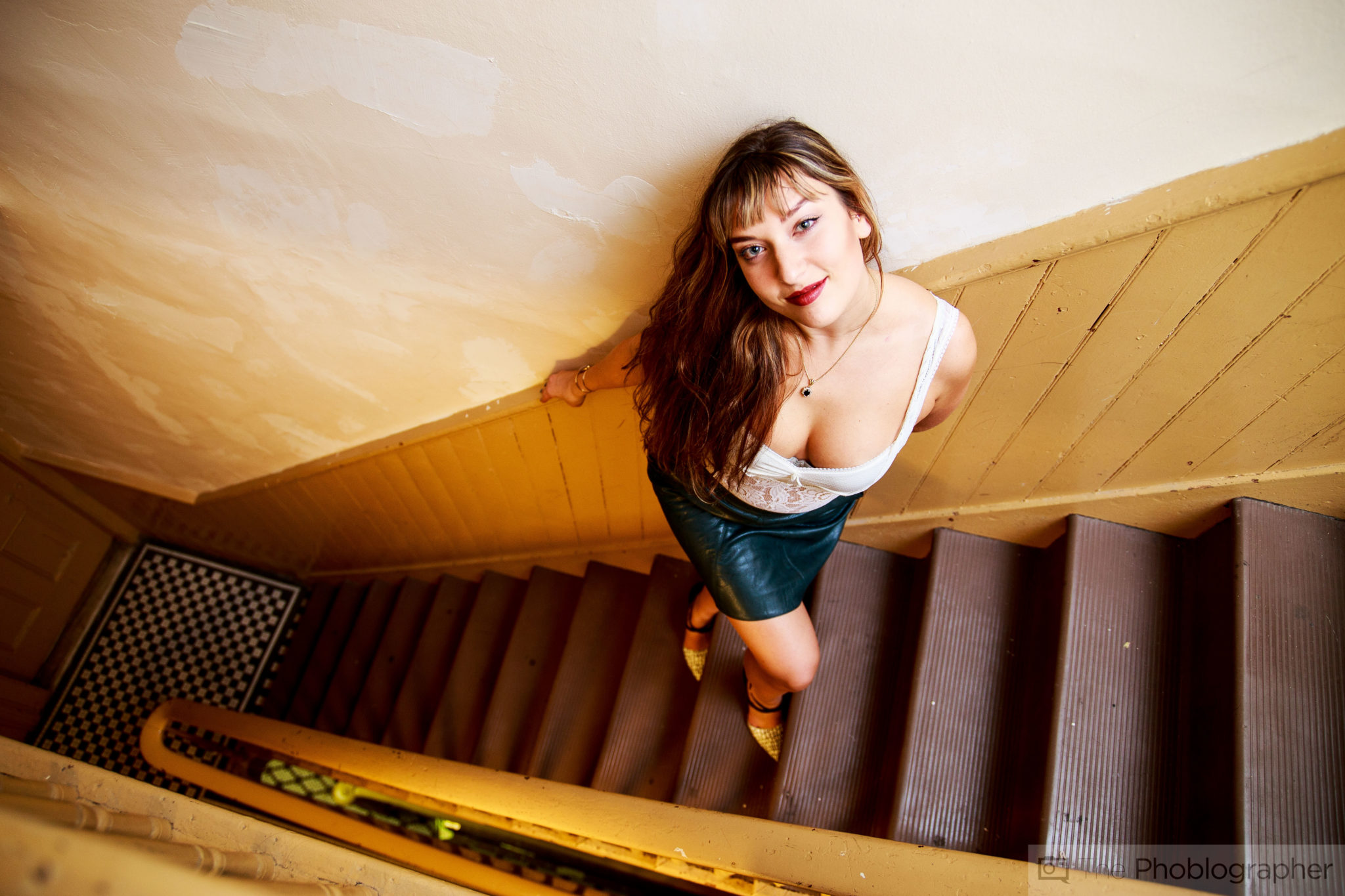
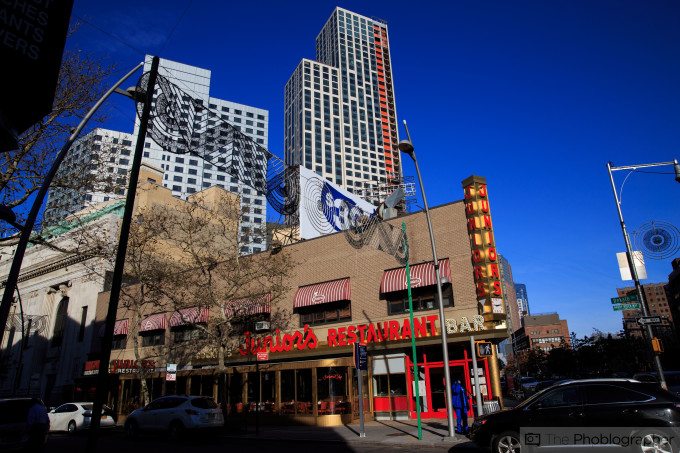
Rokinon 24mm F1.4 Lens
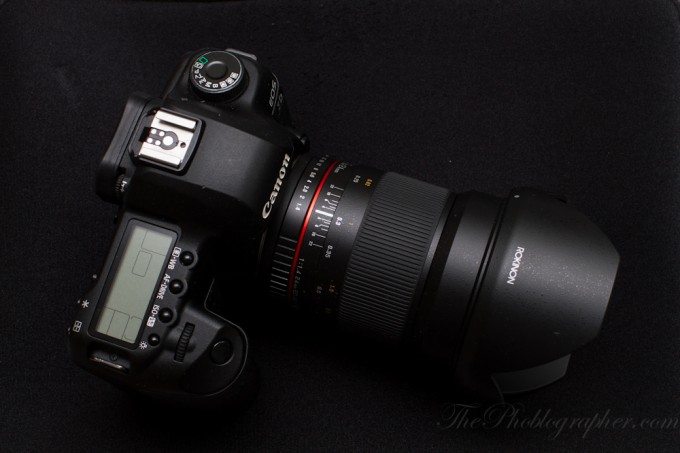
A classic focal length for street, landscape, and interiors, the Rokinon 24mm f1.4 is a solid choice if you don’t want to spend three or four times as much for a Canon or Zeiss. Being a manual focus lens, the Rokinon 24mm f1.4 is ideal for zone focusing in low light and a solid lens for video as well.
In our review we state:
As what other reviewers have been touting as one of the most exciting lenses to be released in a while at this focal length, the Rokinon 24mm f1.4 is an extremely affordable option compared to the Canon L version or the closest Zeiss version – Read our full review
Sigma 30mm F1.4 II Art
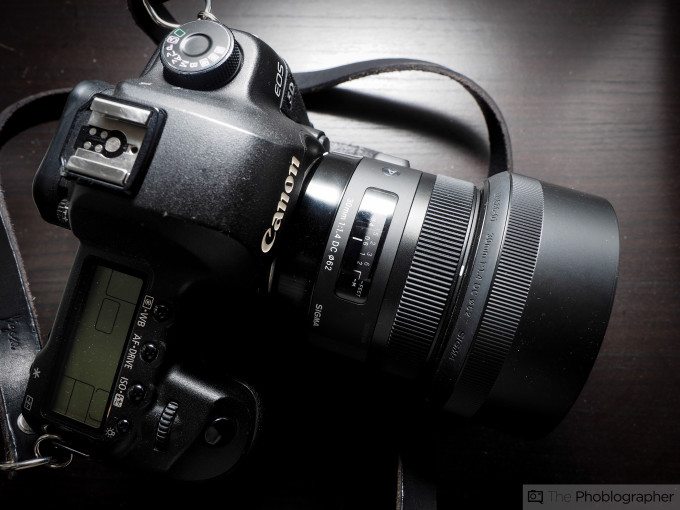
A unique lens among primes for DSLR’s, the Sigma 30mm f1.4 has a focal length that’s right between classic 24mm and 35mm focal lengths. While the Sigma 30mm f1.4 Art lens was designed for APS-C sensors but also works on full frame DSLRs.
In our review we state:
Sigma’s 30mm f1.4 has been an unexpectedly pleasant surprise. The lens is first off billed as being optimized for APS-C DSLR cameras. But instead of having an EF-S mount, the lens has an EF mount–which is something that many third party manufacturers do. And then there is the super pleasant surprise: the fact that the lens works exceptionally well on full frame cameras. For the past couple of weeks, we’ve been testing the lens on the Canon 70D and the Canon 5D Mk II. And we’ve had some surprising results. – Read our full review
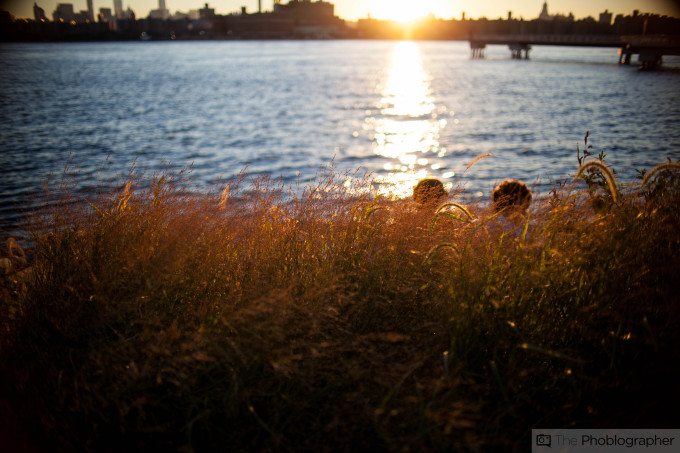
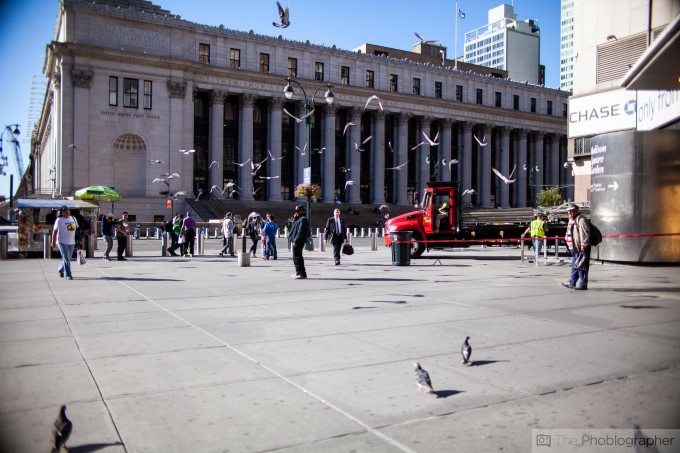
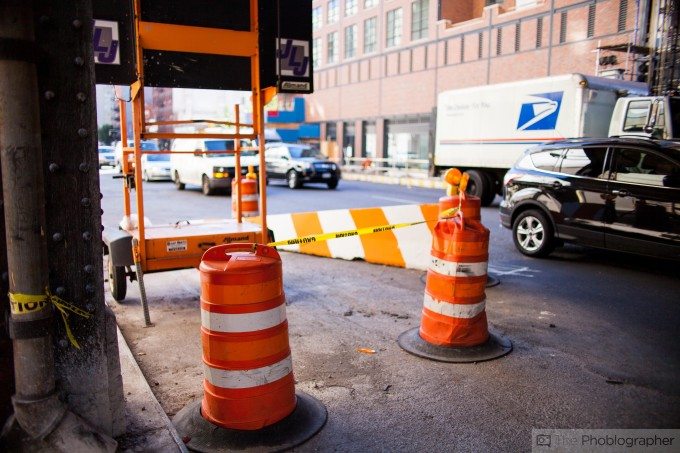
Canon EF 40mm F2.8 STM

A big draw to mirrorless cameras is the reduced size of the overall camera. If you want to go light and have quality captures, the Canon 40mm f2.8 is for you.
In our review we state:
“With most lenses, this should truly be main factor that you care about when deciding what to purchase. There are certainly many things to consider when purchasing optics, but in my honest opinion, image quality is what matters. Now, here we have a lens that costs between $150-200 that delivers some really quite impressive detail in the center. The edges are a bit soft wide open, but honestly are you going to even notice? There will be some decent bokeh smearing the corners so who’s going to care about corner detail at that point? I’m not much for “scientific” lens tests personally, and I want to share how this lens performs in real world actual usage.”
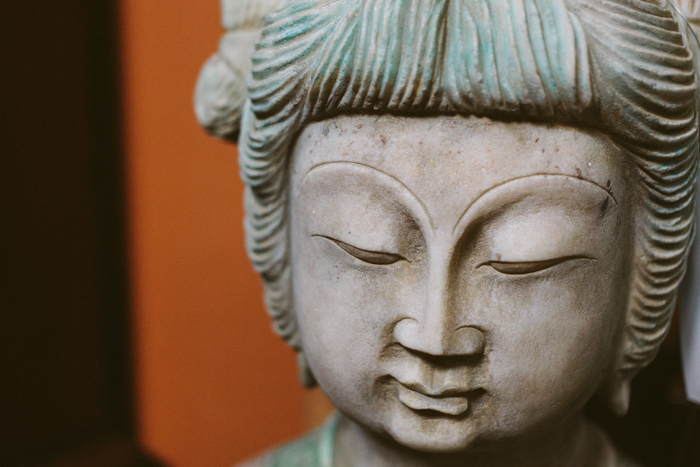
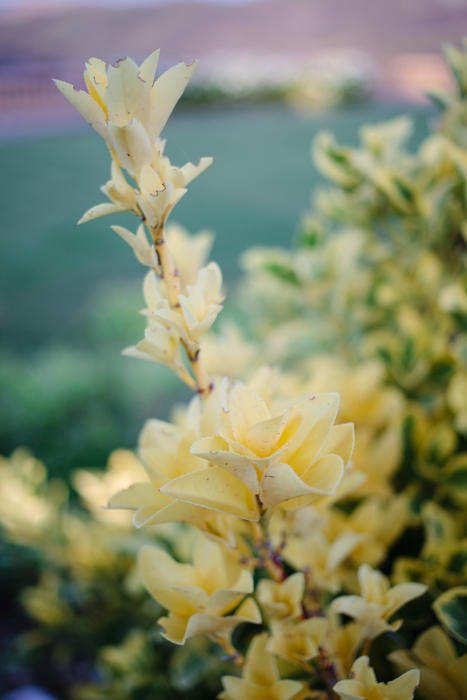
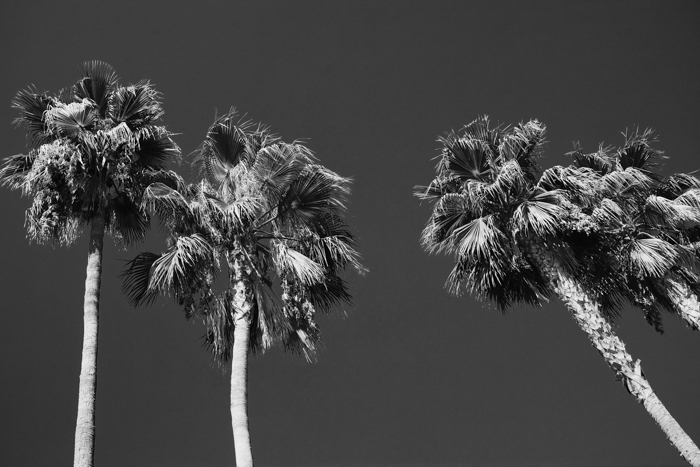
Lensbaby Velvet 56mm F1.6
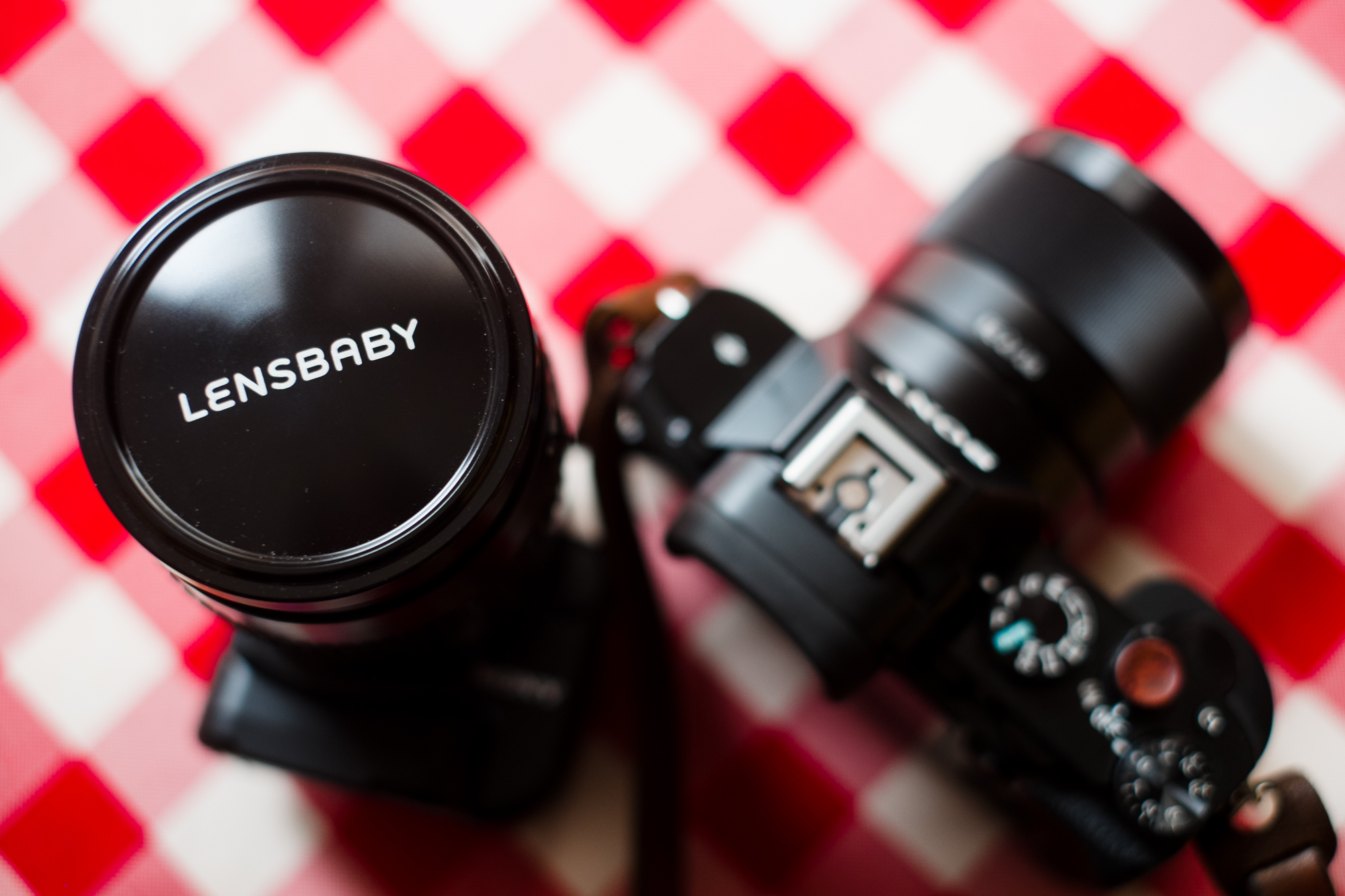
If you’re looking for a more vintage look to your photography and you’re on budget, check out the Lensbaby Velvet 56mm f1.6. Like all Lensbaby lenses, the Lensbaby Velvet 56mm f1.6. has very unique focus and light falloff, giving your photos velvety smooth bokeh.
In our review we state:
“The Lensbaby Velvet 56mm f1.6 lens can be said to have its quirks if you look at it from a very traditional point of view, but otherwise you’ll be happy to embrace what it can do. So who would make the best use of this lens? We personally think that lifestyle photographers, wedding photographers, and portrait shooters will really fancy this lens. Landscape shooters will want to go for something sharper and street photographers will want something wider and with a depth of field scale built in. But for the newer types of photographers that have been popping up in recent years that fully embrace this latest iteration of the digital age, you’ll want to be all over this.”
